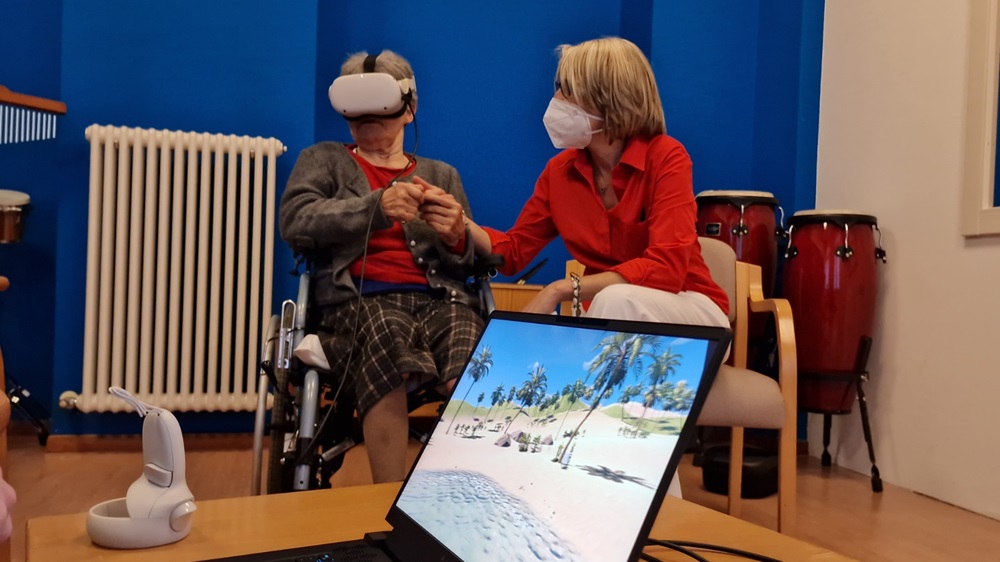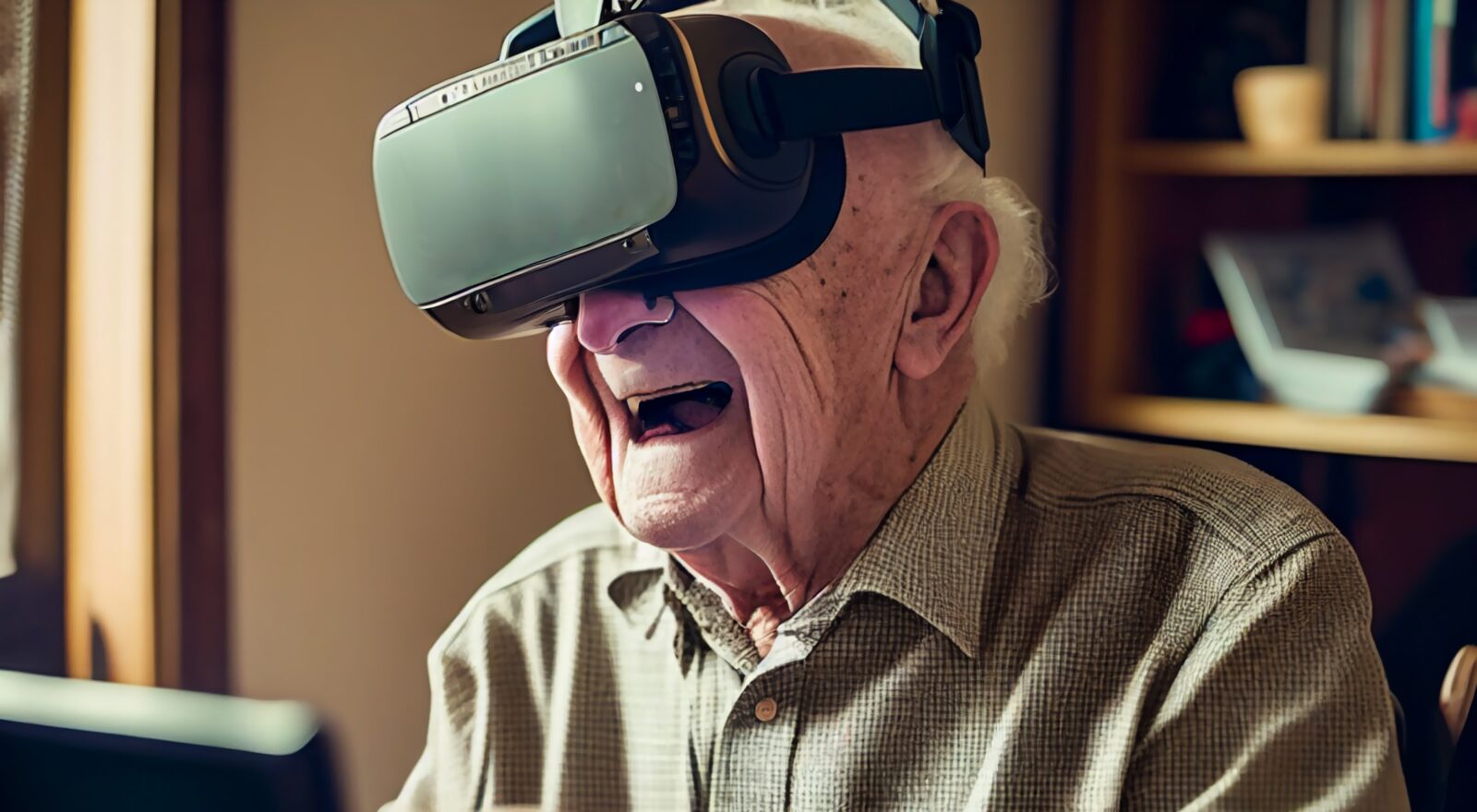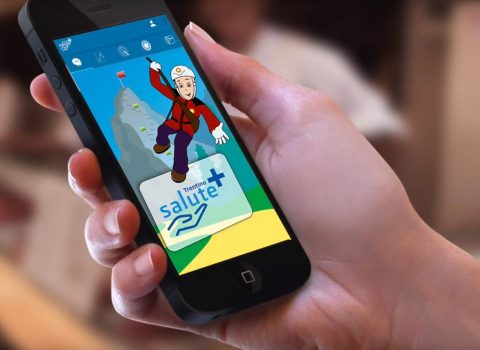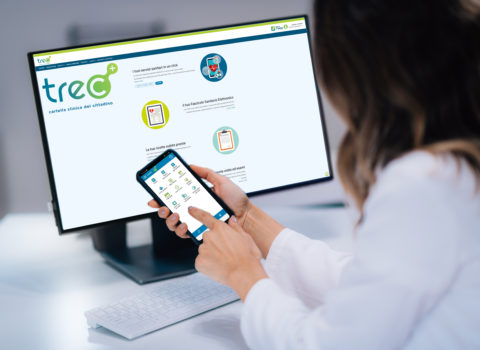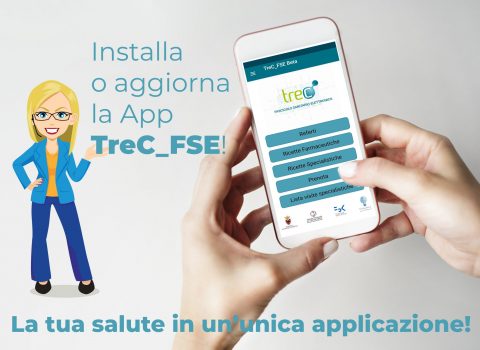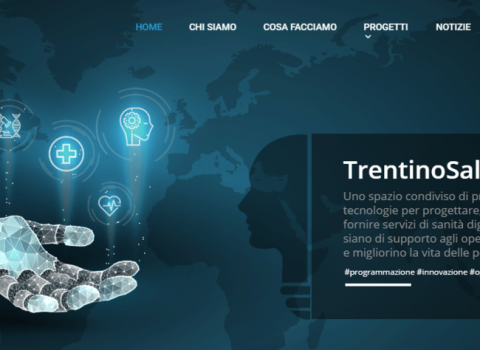
Virtual reality: the FBK-TS4.0 study published in the scientific journal “NATURE”
"Use of personalized virtual environments in people with cognitive impairment": this is the title of the study published in the prestigious international high-impact journal Scientific Reports - Nature (Sci Rep - ed. Springer Nature) and conducted by FBK researcher Susanna Pardini, as part of TrentinoSalute4.0 activities.
at Povo (Trento, Italy) last year, had shown that virtual reality, in particular immersion in a “natural” and relaxing environment thanks to a 3D visor, was safe and had an impact on promoting the state of relaxation and positive emotions.
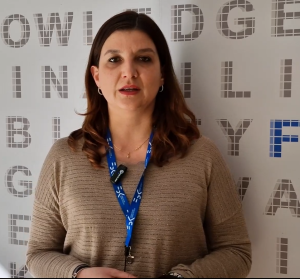
Susanna Pardini – FBK researcher and author of the study
Author of the scientific paper Susanna Pardini, from the University of Padua, meanwhile, has completed her PhD in the Digital Health Research Unit (dHRes) of Fondazione Bruno Kessler’s Center for Digital Health and Wellbeing. But he is preparing to embark on a new analysis: “We had investigated,” Pardini said, “whether having seniors with cognitive impairment try virtual reality could cause adverse effects associated with the use of the 3D visor and whether this experimental procedure could merit further, more rigorous investigations, in terms of evaluating clinical and statistical efficacy. Our study yielded satisfactory results and confirmed what previous research had pointed out. Therefore, based on the literature and the positive data that emerged, we have structured a new investigation protocol, which is to be evaluated by the Ethics Committee of the Trento province healthcare System (APSS) shortly. This time we will try to investigate the role of the use of virtual environments in typical behaviors of people with dementia, on the management of responsive behaviors, such as wandering, “aggressive” behaviors, or other behavioral activation that people with dementia may manifest verbally or with physical actions under certain circumstances during activities that are not pleasing to the person (for example, when eating, or during other daily routine).”
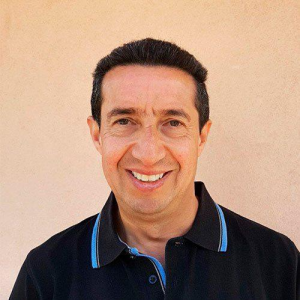
Oscar Mayora – FBK researcher and DHRes Unit Head
“These kinds of studies”- explained Oscar Mayora, head of FBK’s dHRes Research Unit – may become digital therapy in the future. At FBK, we are exploring the potential of virtual reality in health care, including in other contexts, such as palliative care, pain therapy and autism therapies, where we have already initiated some specific projects.”
Susanna Pardini‘s research is part of the actions planned by TrentinoSalute4.0, a center of competence for the development of digital health, established by PAT with APSS and FBK (through its center dedicated to Digital health and wellbeing), which aim at the development of digital health by involving professionals in the field, people and the local communities in a “joint laboratory” where to test the opportunities offered by research and new digital technologies.
The article “Customized Virtual Reality Naturalistic Scenarios Promoting Engagement and Relaxation in Patients with Cognitive Impairment: a Proof-of-concept Mixed-methods Study” signed by Susanna Pardini (and other authors) was published on Nov. 22, 2023 in the journal “Nature – Scientific Report“. To view it, please follow the link: https://www.nature.com/articles/s41598-023-47876-1
